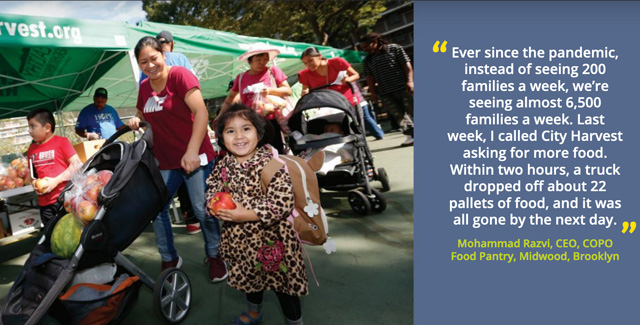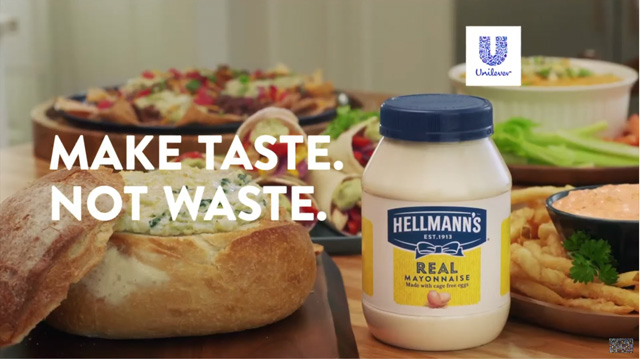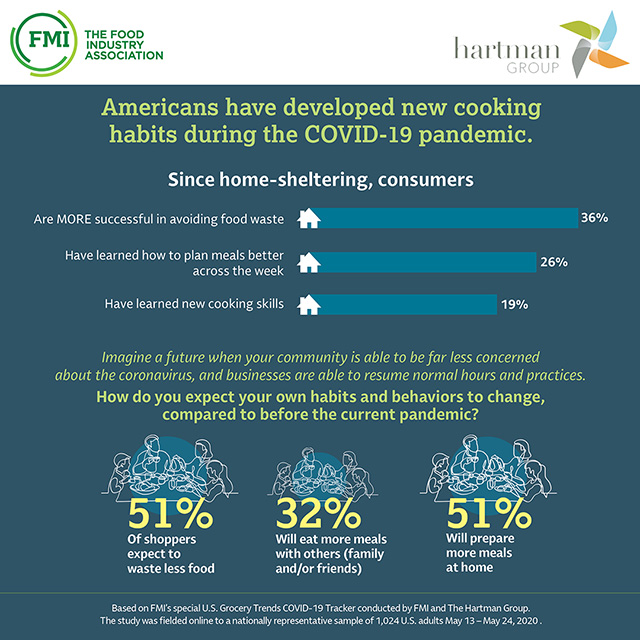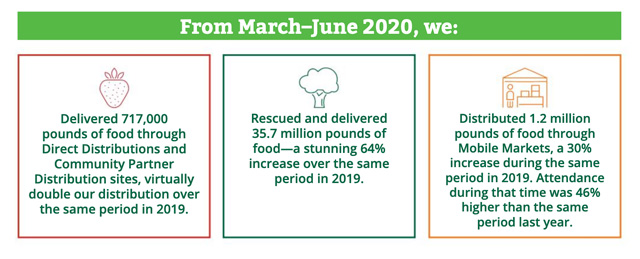Food Donation and Food Scrap Recycling Act

(City Harvest 2019-20 Impact Report “It Takes a City to Feed a City”)
By Valeria Martinez
In New York food makes up at least 18 percent of the state’s waste while 12.8 percent of New Yorkers worry about feeding themselves and their families. Almost four million tons of food waste is dumped in landfills where it contributes to the production of methane gas. Restaurants, colleges, supermarkets and hospitals generate 250,000 tons of food scraps annually. While not all of it is edible, some of it is and the New York State Department of Environmental Conservation (DEC) estimates that, if 5% of this waste was diverted, the scraps could increase supplies at food banks by 20%. It could also reduce 120,000 metric tons of carbon dioxide equivalent.
A new act aims to facilitate a shift in how food waste is handled. The Food Donation and Food Scrap Recycling Act, which will go into effective on January 1, 2022, creates a hierarchy of food waste. The act is intended for businesses that create an average of two or more tons of food scraps each week — restaurants, grocery stores, hotels, and universities. The act requires them to donate edible food and recycle the remaining scraps if the business is located 25 miles from an organic recycling facility. A primary objective of the act is to redirect wasted food to feed those in need.
Meanwhile, there are organizations and programs that have been helping recycle and rescue food that is still edible and fit to be donated such as City Harvest. The food rescue non-profit has helped neighborhoods in New York City through other hard times, going all the way back to 9/11. During the pandemic, the non-profit has reported an increase of visitors and participants. It has opened dozens of new Emergency Relief Sites and has seen a 250% increase in visits.
Food insecurity has increased 44% during the pandemic with an increase of 64% in children, according to City Harvest. As a result, the organization reached out to the few food pantries and soup kitchens that remained open to provide food and supplies to families in need. City Harvest has also partnered with local restaurants to donate a total of 196,000 meals to the soup kitchens and food pantries they help run. The group reports nearly 6 million visits.
Many of the restaurants that closed during the pandemic had to deal with their own food waste. Some managed to use their leftover ingredients for a good cause and donate them to hospitals and health care workers. Neapolitan Express hauled out its food trucks to Mount Sinai Hospital and provided free pizza to the first-responders. It was a way to show appreciation for all the hard work they’ve been doing but it also meant the food was going to people who needed it.
One of the workers who prepared the food for the first-responders described the experience. “They work like 11 to 12 hours, and they need something to eat, they don’t have time to take a break. They were happy to get the pizza, but it was like ‘No, thank you, because you’re giving your life to save a life, if possible, more lives.’”

Despite the efforts of restaurants and organizations like City Harvest, there is still the issue of food waste being produced by households. A social media campaign created awareness around this waste among younger generations. Once aware of how bad it was getting, they reached out to others to inform themselves on composting and recycling edible goods. They created a new trending initiative to “upcycle” food. The process involves making new high-quality products from wasted foods that might end up in landfills. Most upcycled food is for human consumption, but it can also be included in animal feed, pet food, cosmetics, and more. The Upcycled Food Association specializes in making those types of products. Some of those upcycled food and home products are sold in local supermarkets or are available online.
Hellman’s mayonnaise released an ad during Superbowl 2021 asking people to “make taste, not waste.” The Hartman Group, which researches food and beverage trends, said in a report that “Food waste has already been in the forefront of consumer concerns, even prior to the pandemic…during the pandemic, consumer awareness increased such that more than half (56%) of those they interviewed were willing to increase composting food waste. Those were in addition to the 16% who were already composting food waste.”

Saved under Featured Slide, News


